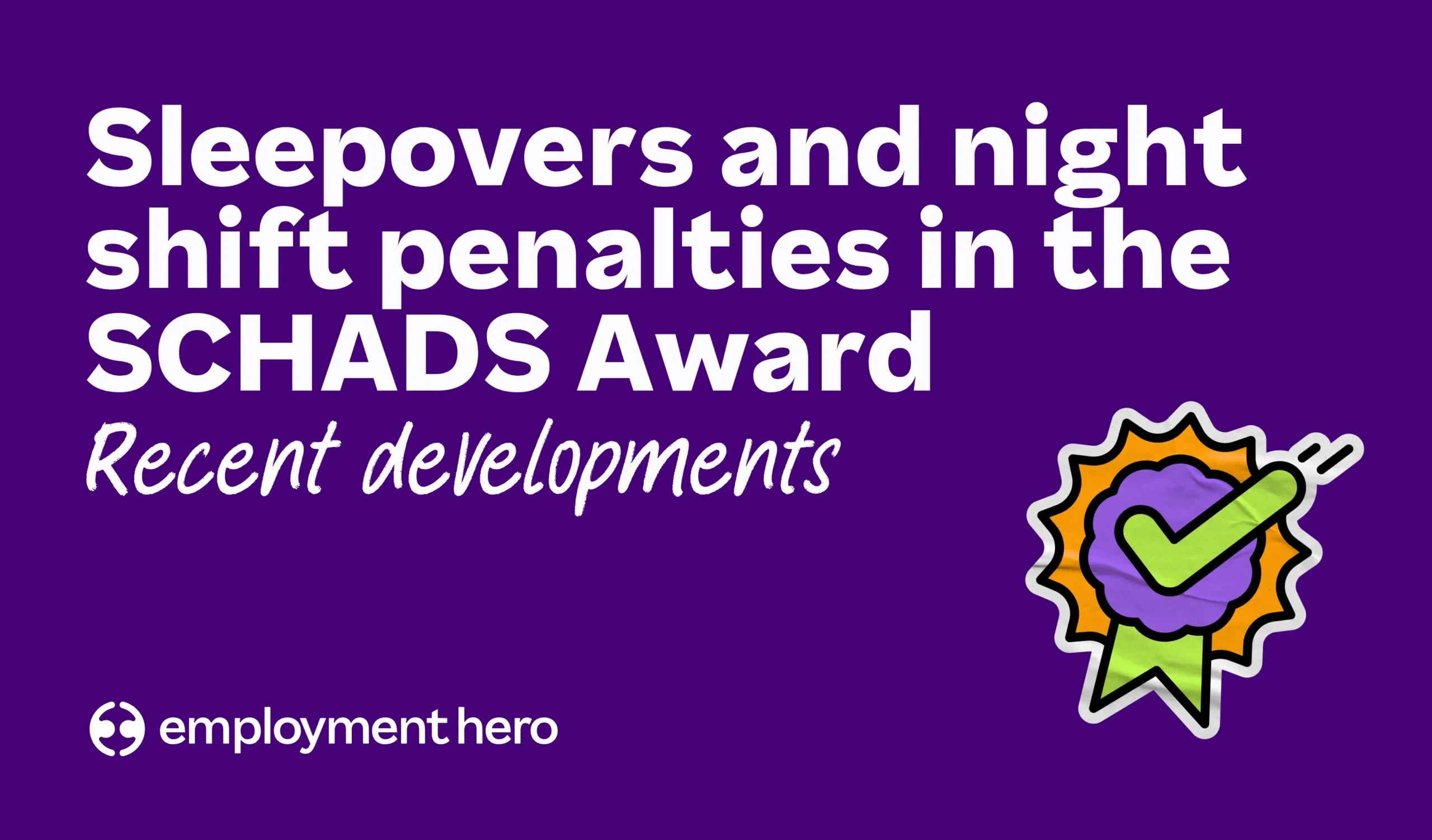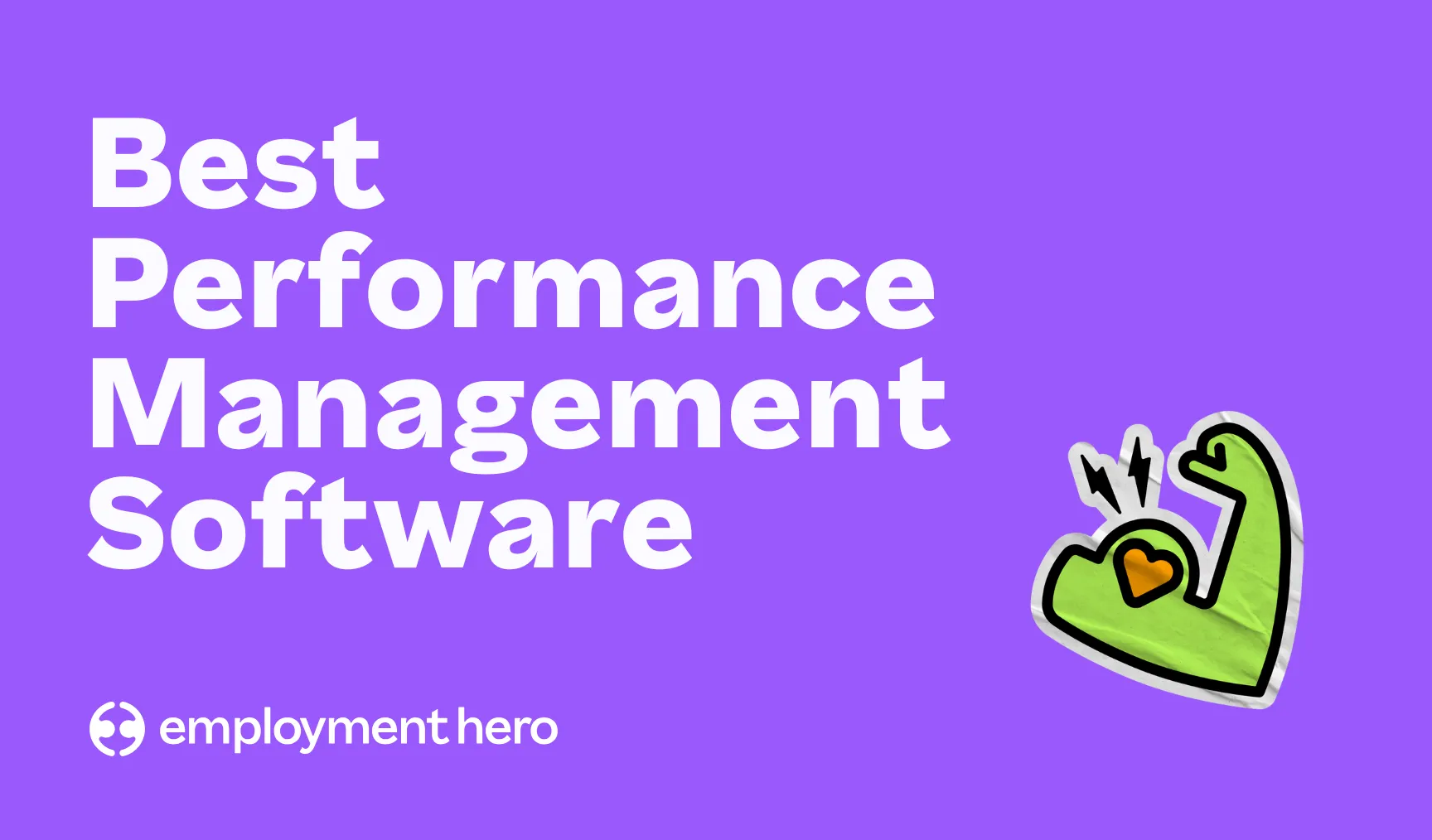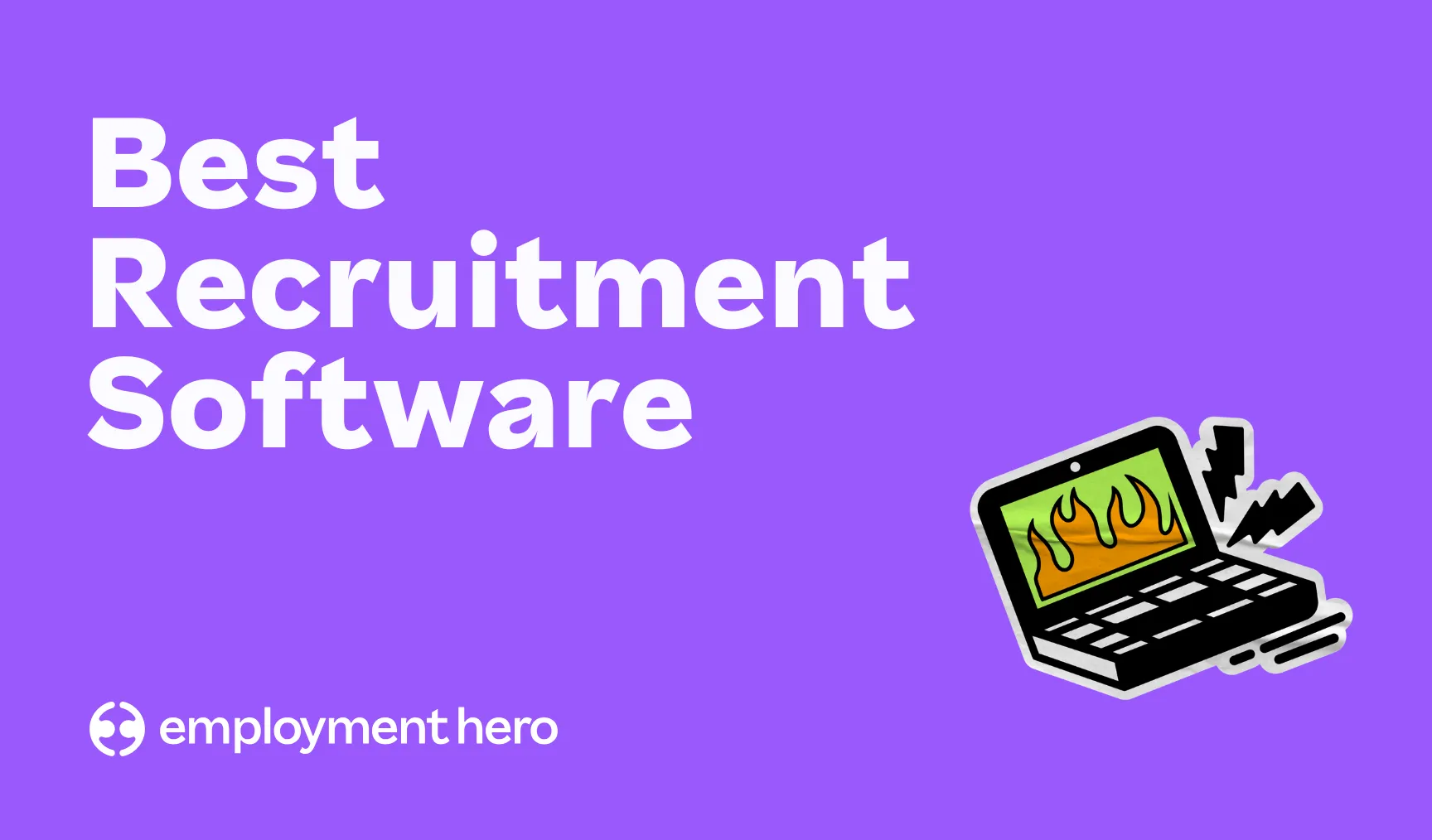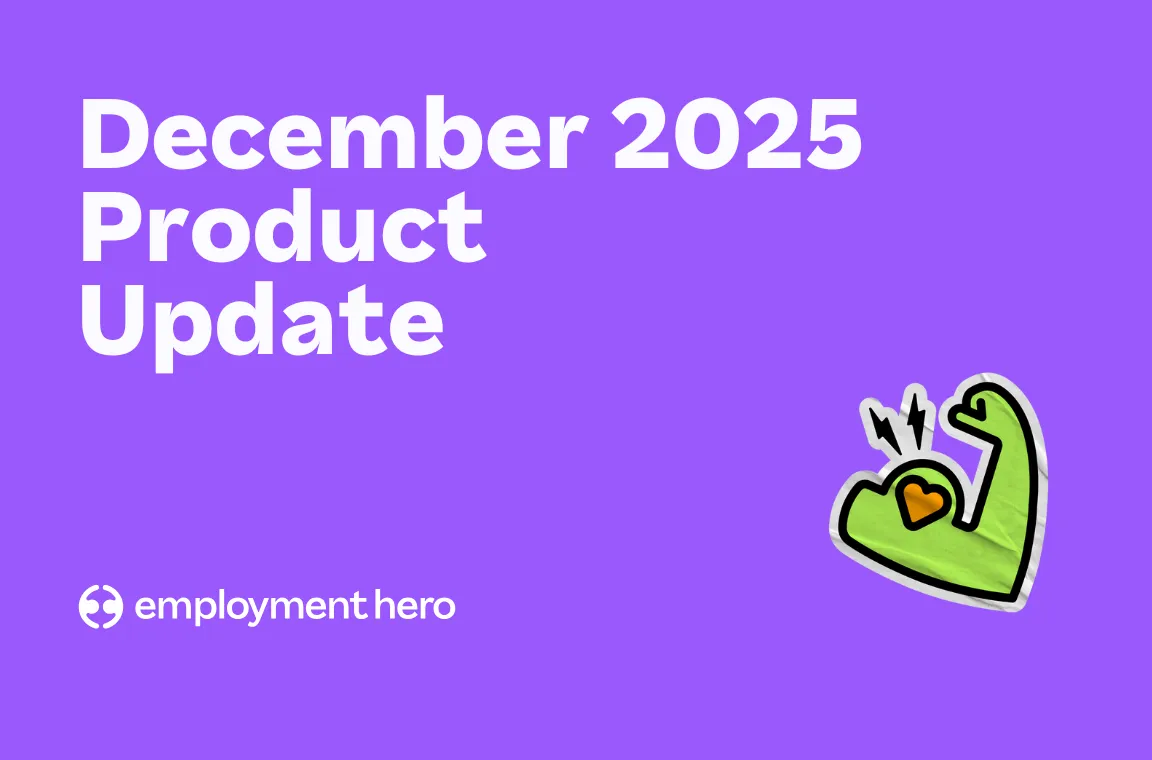Sleepovers and night shift penalties in the SCHADS Award: recent developments
The Social, Community, Home Care and Disability Services Award 2010 (SCHADS Award) is one of the most widely used modern awards in the support services sector. With its many complex clauses, it can be challenging for both employers and employees to interpret and apply correctly.
-

Neath Sokhom

Contents
The Social, Community, Home Care and Disability Services Award 2010 (SCHADS Award) is one of the most widely used modern awards in the support services sector. With its many complex clauses, it can be challenging for both employers and employees to interpret and apply correctly.
One clause that causes considerable confusion is the sleepovers clause (clause 25.7). This clause includes entitlements when an employee “sleeps over” in order to be available to provide care to a disabled or elderly person during the night.
Some of the complexities that arise with the sleepover clause are how it interacts with other clauses such as the shiftwork penalty clause (clause 29) and the rest-between-shifts clause (clause 25.4).
Specifically, there has been a lack of clarity around how employers are meant to:
- Pay their staff when they are rostered to undertake a period of work before and/or after the sleepover period; and
- For shifts involving sleepovers, how they roster their staff, so that they get the required amount of break before they commence their next shift.
The Federal Court recently handed down its decision in the matter of Jats Joint Pty Ltd v Fair Work Ombudsman [2025] FCA 743, which has provided much needed clarity around the first question. It also provided some interesting comments regarding the second question above.
Neath Sokham, HR Advisory Manager at Employment Hero, breaks down the Court’s key findings. He explains what the decision could mean for how you roster and pay staff required to work sleepover shifts. If you’re looking for more information on the SCHADS award, watch our webinar here.
Key takeaways from the decision
- A recent court decision has changed the interpretation of how the sleepover provisions in the SCHADS Award operate.
- Contrary to advice given on the Fair Work Ombudsman’s website it now appears that periods of work that are immediately before and after a sleepover are not to be regarded as one “long” shift including the sleepover period, but rather, as separate shifts.
- This means that a night shift penalty will not generally be payable for a shift involving a sleepover.
Background to the case
Jats Joint is a business that provides support to clients with disabilities. Ms Kim Richards was employed by Jats Joint on a part-time basis and was classified under the SCHADS Award as a level 2 employee in the social and community services sector/classification stream.
From January 2020 to December 2021, Ms Richards was rostered for sleepovers on 123 occasions. These sleepovers occurred either immediately following a period of ordinary hours, immediately preceding a period of ordinary hours, or in between two separate periods of ordinary hours.
In other words, Ms Richards would either:
- Perform support services work for a client, and then stay with the client for a sleepover
- Have the sleepover as the first part of the shift, and then provide support services; immediately after this; or
- Perform support services, then have a sleepover, and then perform additional support services
The sleepover periods usually lasted between 10.00 pm and 6.00 am. Ms Richards was never paid the “night shift” penalty for any of the work performed before or after the sleepover period.
For context, the SCHADS Award defines “night shift” as a shift that finishes after 12 midnight or commences before 6.00am Monday to Friday. An employee who works such a shift is entitled to be paid a 15% loading for the whole shift.
Information on the Fair Work Ombudsman’s (FWO) website has traditionally indicated that for the purpose of calculating shift penalties, the whole period of work before and after a sleepover should be regarded as one shift.
The consequence of this (it seemed) would be that an employee performing work before or after a sleepover would invariably be entitled to the night shift penalty. This is because a sleepover would always involve someone finishing their shift after midnight.
Ms Richards contacted the Fair Work Ombudsman (FWO) on 6 November 2023, enquiring about night shift penalty rates and provided them a written statement on 9 November 2023. The FWO began an investigation on 17 November 2023.
On 19 January 2024, the FWO issued a Compliance Notice to Jats Joint. The notice alleged that Jats Joint failed to pay Ms Richards a 15% loading for night shifts. In this, the FWO stated that its interpretation was that a “sleepover and the hours worked before and/or after the sleepover are counted as one continuous shift”.
What was the Court required to determine?
The core issue for determination was whether Jats Joint had contravened clause 29.3(b) of the SCHADS Award by failing to pay the night shift loading for periods of work immediately before or after a sleepover. This hinged on the interpretation of whether a sleepover period forms part of a “shift” for the purposes of calculating penalty rates.
Jats Joint’s argument
Jats Joint argued that a sleepover period is a distinct and separate provision from a “shift” or “period of work” under the SCHADS Award. They said that clause 25.7, which specifically deals with sleepovers, operates as a standalone regulation for sleepover arrangements, excluding other general provisions.
Jats Joint pointed to the specific allowance for sleepovers (clause 25.7(d)) and the obligation to pay overtime for work performed during a sleepover (clause 25.7(e)), arguing that if penalty rates for adjacent periods were intended, the award would have expressly stated this.
The Fair Work Ombudsman’s argument
The FWO argued that clause 29.4 of the SCHADS Award, which states “Shifts are to be worked in one continuous block of hours that may include meal breaks and sleepover“, indicating that a sleepover forms part of a shift.
They also argued that sleepovers are “rostered work” under clause 25.5, supporting their view that sleepovers are subject to other SCHADS Award entitlements, including night shift penalties.
What did the Court find?
The Court found in favour of Jats Joint, concluding that a sleepover period does not form part of a “shift” for the purposes of applying night shift penalty rates.
Consequently, Jats Joint was not required to pay Ms. Richards the night shift rate for the ordinary hours worked immediately before or after her sleepover periods. The Court ordered that the Compliance Notice be cancelled.
Lesson for employers
The main takeaway for employers from this decision is the distinction the Court drew between sleepovers and other periods of work when calculating penalty rates.
This distinction, in practical terms, means employers do not need to include sleepover time when determining if a shift qualifies for night shift penalties. The ordinary hours worked immediately before or after a sleepover are to be considered on their own merits for penalty rates, separate from the sleepover period itself.
This will generally mean that so long as the period of work before a sleepover does not finish after midnight, no night shift penalty will be payable in respect of this period of work. Equally, so long as a period of work after a sleepover does not start before 6 am, no night shift penalty will be payable in respect of this period of work.
It’s irrelevant to this determination whether periods of work are performed just before or after a sleepover, or whether there are periods of work both before and after the sleepover.
In light of this, employers should carefully review their rostering and payment practices to ensure they align with the Court’s interpretation.
What about breaks between shifts?
The decision also interestingly touched upon the nature of sleepovers in relation to “rest breaks”. Jats Joint argued that a sleepover could function as a break from work, supported by the fact that there is a requirement for a separate room and bed for the employee. The FWO, conversely, contended that sleepovers constitute “time at work” as employees are required to be available to assist clients if needed, distinguishing them from personal “rest breaks” meant for refreshing the employee.
While the Court did not make a conclusive ruling on whether a sleepover period can count as a “rest break” between shifts under clause 25.4 of the SCHADS Award, there was a suggestion that this interpretation is plausible. If this interpretation is indeed correct, it could imply that an employee could be required to transition directly from a sleepover (where they are on duty and potentially working intermittently) into a full shift with minimal (or no) time free away from work.
This is different from the traditional understanding of the Award, where an employee’s work before and after a sleepover is regarded as the same period of work. This means an employee can only work a combined total of eight hours (or ten hours by agreement) before and after a sleepover, before overtime is payable. In other words, in the traditional understanding of the Award, hours worked before and after the sleepover are grouped together for calculating whether an employee had worked eight (or ten) hours in order to then be entitled to overtime for hours worked thereafter.
The Jats Joint decision suggests an employee may be able to work eight (or ten) hours after a sleepover before overtime would be payable, regardless of how many hours they worked before the sleepover.
What will happen next?
The AIG Group have made submissions to the Fair Work Commission to ask that the SCHADS Award is varied so that the wording of the Award aligns with the Court’s findings in the Jats Joint case.
Need further help?
Our HR Advisory Team are experts in the support services sector, and a subscription to our HR Advisory service will give you unlimited access to advice from the team, as well as HR documents tailored to this industry.
Want to learn more about how Employment Hero can help you boost your compliance confidence? Reach out to one of our business specialists today.
Disclaimer: The information in this article is current as at 26 June 2025, and has been prepared by Employment Hero Pty Ltd (ABN 11 160 047 709) and its related bodies corporate (Employment Hero). The views expressed in this article are general information only, are provided in good faith to assist employers and their employees, and should not be relied on as professional advice. The Information is based on data supplied by third parties. While such data is believed to be accurate, it has not been independently verified and no warranties are given that it is complete, accurate, up to date or fit for the purpose for which it is required. Employment Hero does not accept responsibility for any inaccuracy in such data and is not liable for any loss or damages arising either directly or indirectly as a result of reliance on, use of or inability to use any information provided in this article. You should undertake your own research and to seek professional advice before making any decisions or relying on the information in this article.
Related Resources
-
 Read more: Best Performance Management Software in Australia 2026
Read more: Best Performance Management Software in Australia 2026Best Performance Management Software in Australia 2026
Boost employee performance with the top seven performance management software in Australia for 2026. Compare features and find the right…
-
 Read more: Top 7 Best Recruiter Software in Australia 2026
Read more: Top 7 Best Recruiter Software in Australia 2026Top 7 Best Recruiter Software in Australia 2026
Find the top seven recruiting software in Australia for 2026. Enhance your hiring process with these powerful recruitment tools.
-
 Read more: Product Update: December 2025
Read more: Product Update: December 2025Product Update: December 2025
Welcome to the December 2025 product update from the Employment Hero team. We’ve got lots to share around Custom Forms,…























